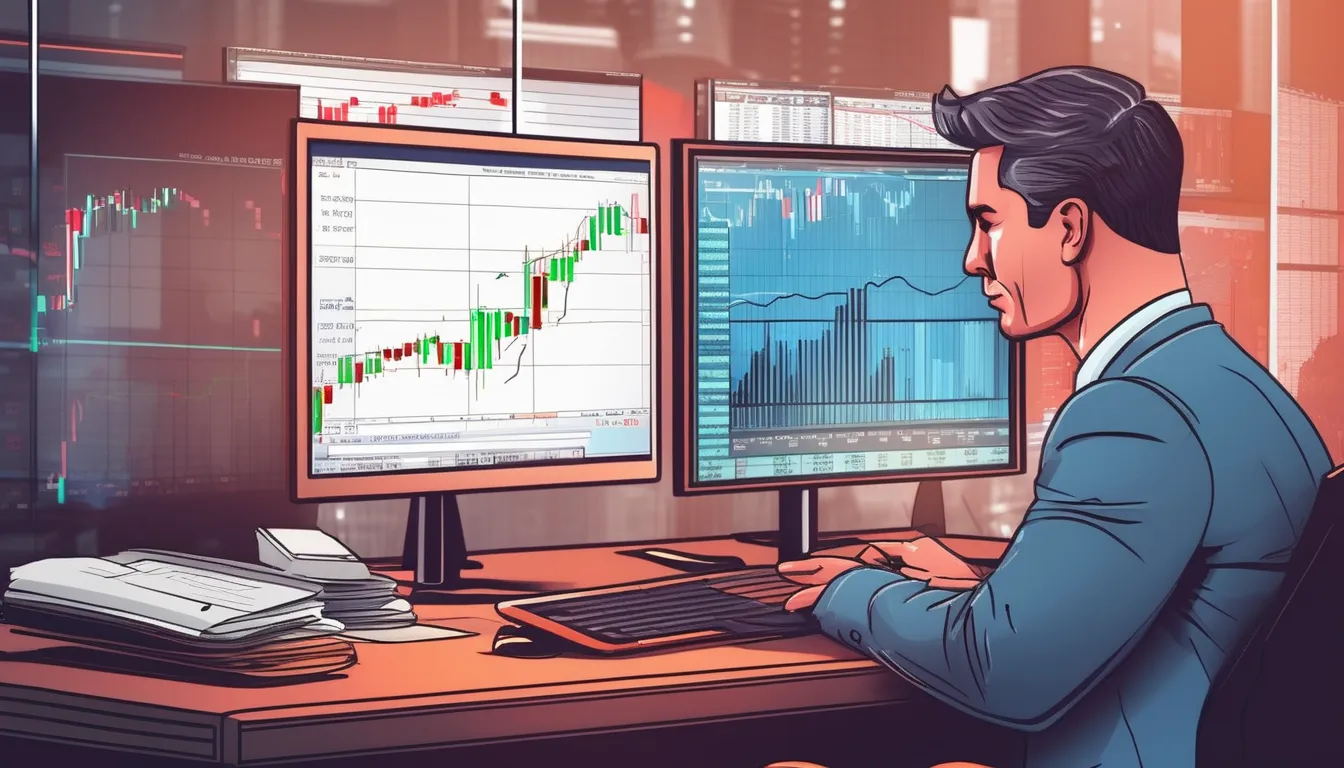You’re about to embark on a journey that spans thousands of years, exploring the transformation of coin trading from its ancient origins to the present day. As you look at the coins in your pocket or the ones you’ve been collecting for years, you might wonder how this market has evolved over time. From the introduction of standardized gold coins in ancient Lydia to the rise of modern coin collecting, the landscape has changed dramatically. But what’s driving the current trends, and what innovations will shape the future of coin trading? The answer lies in understanding the past.
Ancient Origins of Coin Trading
One of the earliest forms of coin trading dates back to ancient Lydia, around 560 BCE. You’ll find that it was during this time that the Lydians introduced the first standardized gold coins, which featured official stamps to guarantee their authenticity.
These coins were made from electrum, a naturally occurring alloy of gold and silver, and were widely accepted as a medium of exchange.
As you explore the history of coin trading, you’ll see that the ancient Greeks and Romans also played a significant role in its development. They introduced their own coinage systems, which featured a wide range of denominations and designs.
The Romans, in particular, were known for their extensive use of coins, which helped to facilitate trade throughout their vast empire.
You’ll also notice that coin trading wasn’t limited to the Mediterranean region. The ancient Chinese, Indians, and Persians also developed their own coinage systems, which were often shaped by their unique cultural and economic contexts.
Rise of Modern Coin Collecting
The discovery of ancient coins by European archaeologists and travelers in the 18th and 19th centuries helped spark a renewed interest in collecting coins, laying the groundwork for modern coin collecting.
As you delve into this era, you’ll find that the field of numismatics, the study of coins, became more organized and structured. You’ll see the establishment of coin clubs, societies, and museums, which provided platforms for collectors to share knowledge, showcase their collections, and acquire new coins.
You’ll also notice that the rise of modern coin collecting led to the development of grading and authentication systems.
These systems helped standardize the evaluation of coins, making it easier for collectors to assess the condition and value of their coins.
Additionally, the creation of coin albums and folders enabled collectors to store and display their coins in an organized manner.
As a result, you’ll see that modern coin collecting became more accessible and enjoyable for enthusiasts, paving the way for the growth of the hobby.
The Digital Coin Trading Era
Advancements in digital technology have paved the way for a significant shift in the way coins are bought, sold, and traded. You can now browse and purchase coins from the com sunpump t of your own home, with online marketplaces and auction sites providing a vast selection of coins from around the world.
This increased accessibility has made coin trading more inclusive, allowing collectors and investors to connect with each other directly and easily.
You can also leverage digital tools to research and authenticate coins, ensuring that you make informed purchasing decisions. Online forums and communities provide a platform for you to connect with fellow collectors and stay up-to-date on market developments.
Furthermore, digital payment systems have streamlined transactions, reducing the risk of counterfeiting and increasing the speed of payment processing.
As a result, the digital coin trading era has opened up new opportunities for collectors and investors to engage with the market. With the rise of digital platforms, you can now buy, sell, and trade coins with greater ease and confidence than ever before.
Current Market Trends and Analysis
As you navigate the digital coin trading landscape, staying informed about current market trends is key to making smart buying and selling decisions. You’ll want to keep an eye on global economic indicators, such as inflation rates and GDP growth, as well as market-specific trends like trading volumes and coin prices.
| Market Trend | Description |
|---|---|
| Increasing Adoption | More institutions and individuals are investing in digital coins, driving up demand and prices. |
| Regulatory Clarity | Clearer regulations are emerging, providing a safer environment for investors and traders. |
| Technological Advancements | Improvements in blockchain technology are enhancing security, speed, and efficiency. |
Future of Coin Trading Platforms
Key to making informed investment decisions in digital coins is understanding the evolving landscape of coin trading platforms. As you look to the future, you can expect to see significant advancements in the technology and features offered by these platforms.
One major development will be the increased use of artificial intelligence and machine learning to improve trade execution, risk management, and market analysis. This will enable you to make more informed decisions and respond more quickly to market changes.
Another trend you can expect to see is the rise of decentralized trading platforms, which will give you more control over your assets and reduce your reliance on intermediaries. These platforms will also provide greater transparency and security, reducing the risk of hacking and other forms of cybercrime.
Additionally, you can expect to see more mobile-friendly platforms and user interfaces, making it easier to trade on-the-go. Overall, the future of coin trading platforms will be shaped by a focus on innovation, security, and user experience. By staying informed, you’ll be better equipped to navigate this evolving landscape and achieve your investment goals.
Conclusion
As you look to the future of coin trading, consider how far it’s come. From ancient Lydia’s standardized gold coins to today’s digital marketplaces, the landscape has transformed. With AI, decentralization, and transparency on the horizon, you can expect an even more efficient and accessible experience. As technology continues to shape the industry, you’ll have more opportunities to connect with other collectors, investors, and enthusiasts, and to grow your coin collection or portfolio in new and exciting ways.



